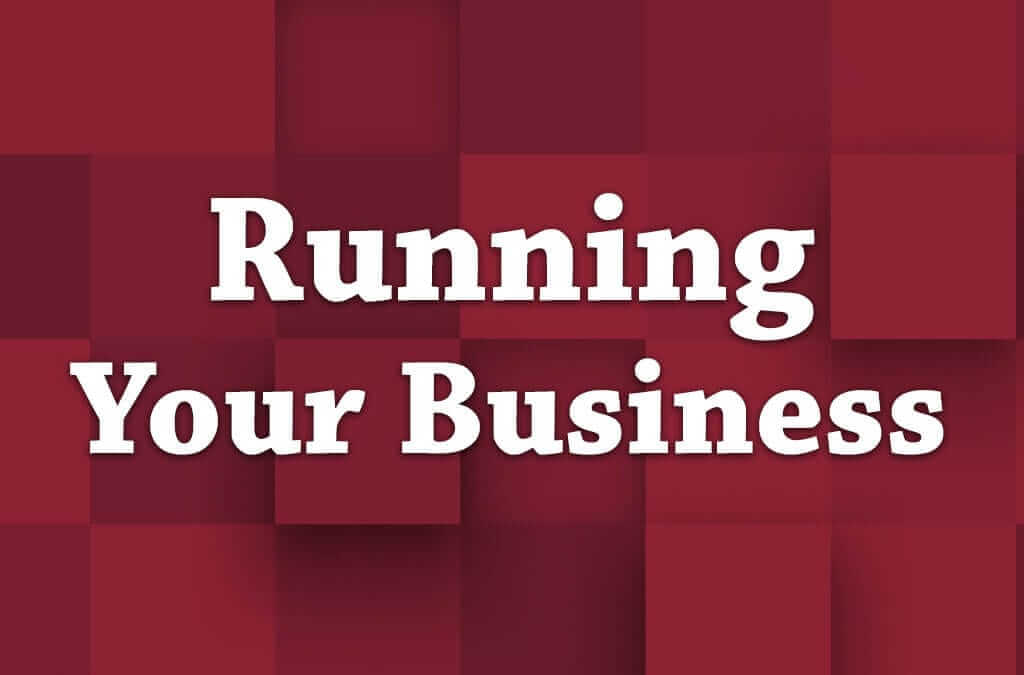You’ve started a business. Customers are pouring in. You think you’re doing great financially, but are you really?
Only about 50 percent of new businesses survive five years or more and about one-third last 10 or more, according to a report by the U.S. Small Business Administration. So how do you become part of that 33 percent?
The key is to keep track of your cash flow. Where is your money going? Where is it coming from? When do all these transactions take place? Preparing cash flow projections for some future time period, whether it’s the next month or the next year, can help you budget your money, according to an Entrepreneur article. Estimating your expenses and your receivables for a certain stretch can help you determine if you’re going to break even or if you’ll have an issue.
However, there are ways to ensure that your financial plan is secure, and a few are mentioned below:
1. Use cash basis accounting
This type of management system helps you know how much money you actually have, TX Zhuo, managing partner at Karlin Ventures capital firm, explained to Entrepreneur. Most companies use accrual accounting, which includes payments you have yet to receive. Cash basis bookkeeping keeps track of money you’ve been paid, rather than what you’ve earned, and will give you a more accurate record of what you have to spend.
2. Make sure your customers pay on time
If clients aren’t paying you for services, you aren’t making money. You might have business, but it means nothing unless you’re reaping the financial benefits. There are a few ways you can ensure this happens. Institute a “pay up front” method, Zhuo suggested. This way you won’t be chasing down customers. If you can’t take money upfront, making certain invoices get out on time will lessen the amount of late payments. Offering discounts to clients who pay early should also help your cash flow, according to the first Entrepreneur article.
3. Take your time
Just because you’ve received a bill from a supplier doesn’t mean you have to take care of it right away. Entrepreneur suggested using an electronic payment method that will subtract money from your account on the last day of the pay period. This way you’ll have access to your funds for as long as possible without ending up on bad terms with your suppliers.
4. Budget
Serial entrepreneur Kelsey Ramsden told Entrepreneur that knowing how quickly you’re going through your finances will help you determine your monthly budget. Where does your cash go and when? Establish your burn rate – or how fast you spend your funds – and try to keep it as low as possible. Know how much you have in your account, and then subtract every bill payment you’ve mailed out. That will let you know how much money you have to work with. According to Ramsden, you can’t assume you’ll be paid on time, so it’s best to keep those earnings out of your budgeting unless you have already received payment.
While following these steps can’t ensure you end up in the black, they can help you manage your cash flow. With proper planning, you’ll know whether or not you need money. If you know earlier enough in advance – this is where your projections come in handy – you’ll be able to plan for it. Talk to your community bank about commercial loans, but make sure you’re not strapped for cash. According to Entrepreneur’s article, financial institutions are less likely to lend to people who need funds immediately. They can’t trust that you’ll make your payments if you couldn’t plan properly with your own business.
As long as you keep track of your accounts and plan in advance, you should be able to manage your cash flow just fine.


